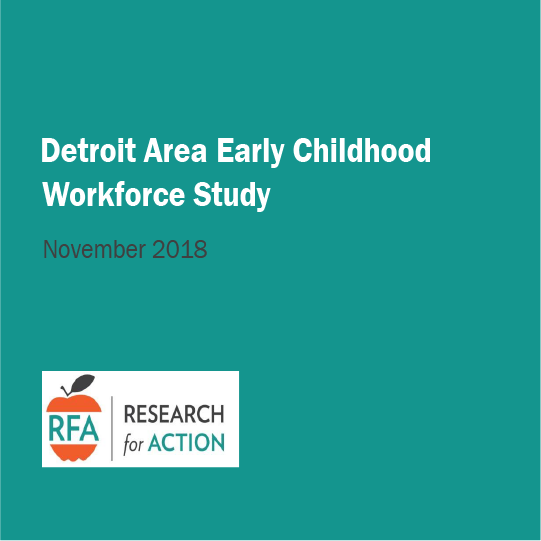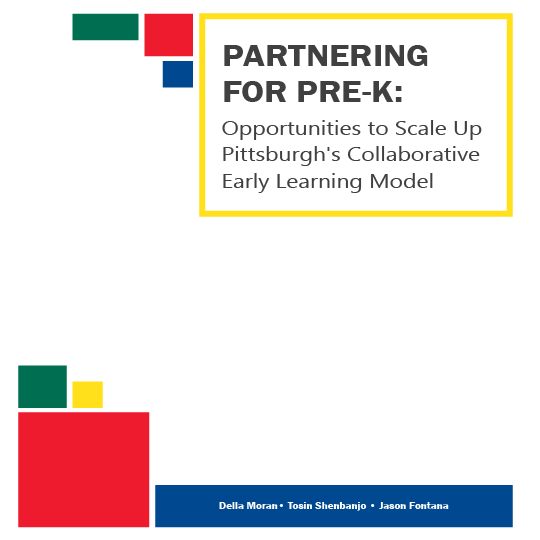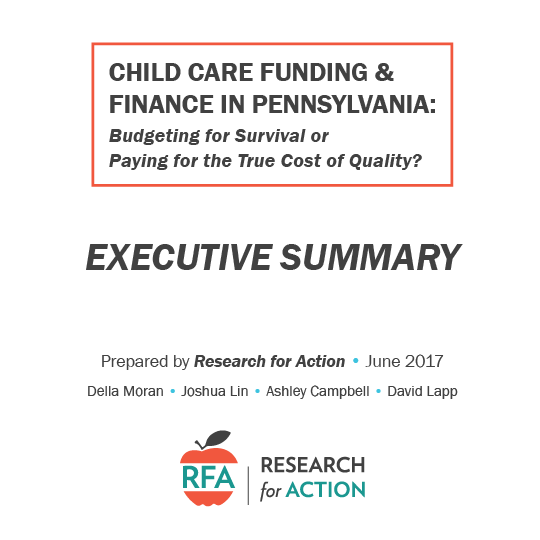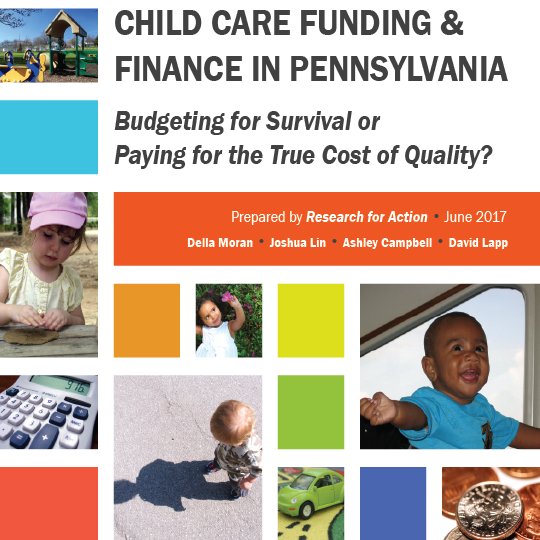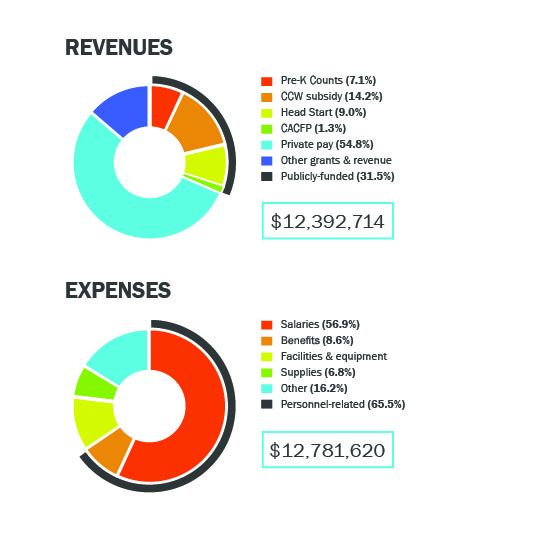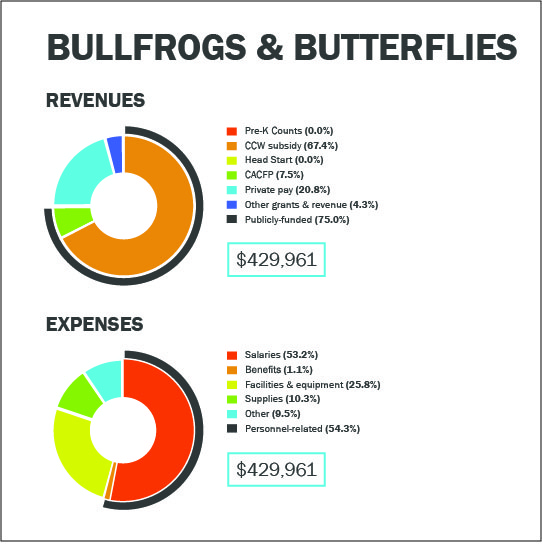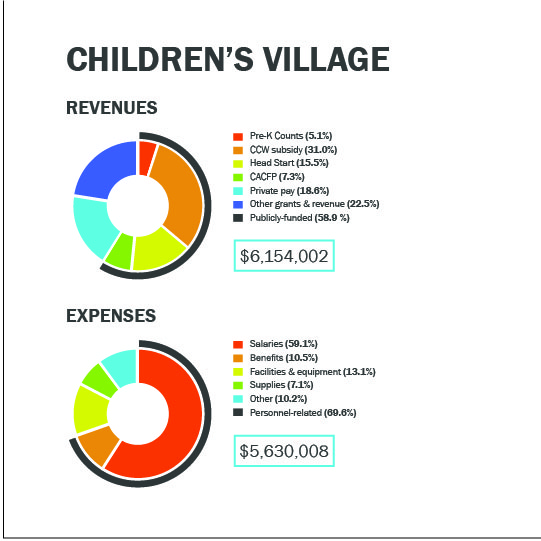Policymakers are recognizing that Pennsylvania has fallen behind in providing equitable access to high quality early childhood education. Gov. Tom Wolf ran on a campaign promise of universal pre-k access and proposed an unprecedented budget increase for early childhood programs in 2016. In Philadelphia, Mayor Jim Kenney has made pre-k a cornerstone of his education agenda and successfully lobbied City Council to pass a soda tax to fund it.
But not all early childhood education is created equal. As policymakers push for expanded access, they must also ensure that Pennsylvania’s “Quality Ratings and Improvement System” (QRIS) defines and measures quality in a meaningful and rigorous way, and provides adequatesupport to early childhood education providers. To this end, the Pennsylvania Office of Child Development and Early Learning (OCDEL) has embarked on an effort to refine Keystone STARS, the state’s QRIS for early childhood education.
In this brief, RFA explores existing research on the “quality characteristics” of early childhood education programs that improve child outcomes, outlines ways in which the state’s QRIS can be refined to better evaluate and promote these quality characteristics, and highlights important policy considerations for local and state leaders seeking to expand access to quality early learning programs.


